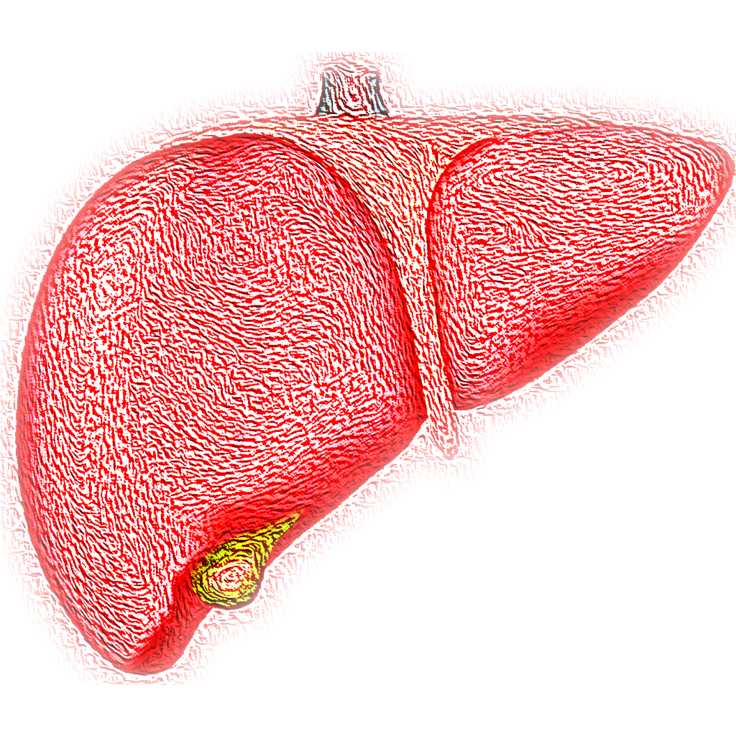Imbalance Of Electrons In Liver Cells Ups Risk Of Cardiovascular Conditions And Fatty Liver Disease

An imbalance of electrons in liver cells is associated with several metabolic issues that elevate one’s risk of several diseases, claims a new study.
The researchers at Massachusetts General Hospital demonstrated a link between reductive stress and the way genetics and environmental factors like diet can influence the risk of cardiovascular conditions and fatty liver disease.
In order to generate energy, mammalian cells depend on a series of oxidation and reduction reactions. While Oxidative stress is an imbalance between free radicals and antioxidants in the body, reductive stress is its counterpart.
"The food we eat tends to be very rich in electrons. But if there's an imbalance between the supply and demand for those electrons — specifically, an excess supply — you can get reductive stress," Vamsi Mootha, MD, of the Department of Molecular Biology at Mass General and senior author of the study told MedicalXpress.
Consuming a high-fat diet alongside alcohol can result in reductive stress in liver cells. Reductive stress has been linked to certain rare genetic disorders.
The study
The researchers oversaw a genetically engineered enzyme called "LbNOX" injected into the livers of lab mice that had been fed alcohol.
“Alcohol generates a ton of electrons, and that causes a lot of reductive stress. Yet LbNOX prevented the mice from developing reductive stress. The study showed that we can use this genetic tool to control reductive stress in the liver. We can give it and take it away," the study’s lead researcher Russell Goodman, MD, DPhil, and hepatologist at Mass General told MedicalXpress.
Key findings of the study:
- They identified a metabolite in the blood called ‘alpha-hydroxybutyrate’ which elevated when electrons accumulated in the liver cells
- Levels of this metabolite are linked to insulin resistance — a risk factor for type 2 diabetes, as well as obesity
- Treating reductive stress with LbNOX reduced the levels of triglycerides which increased the risk of heart diseases and improved several metabolic factors including insulin resistance
- Alpha-hydroxybutyrate can be used as a biomarker to identify reductive stress
The researchers believe that "LbNOX" could soon serve as a treatment option for treating diseases caused by metabolic dysfunction.
© Copyright IBTimes 2025. All rights reserved.






















